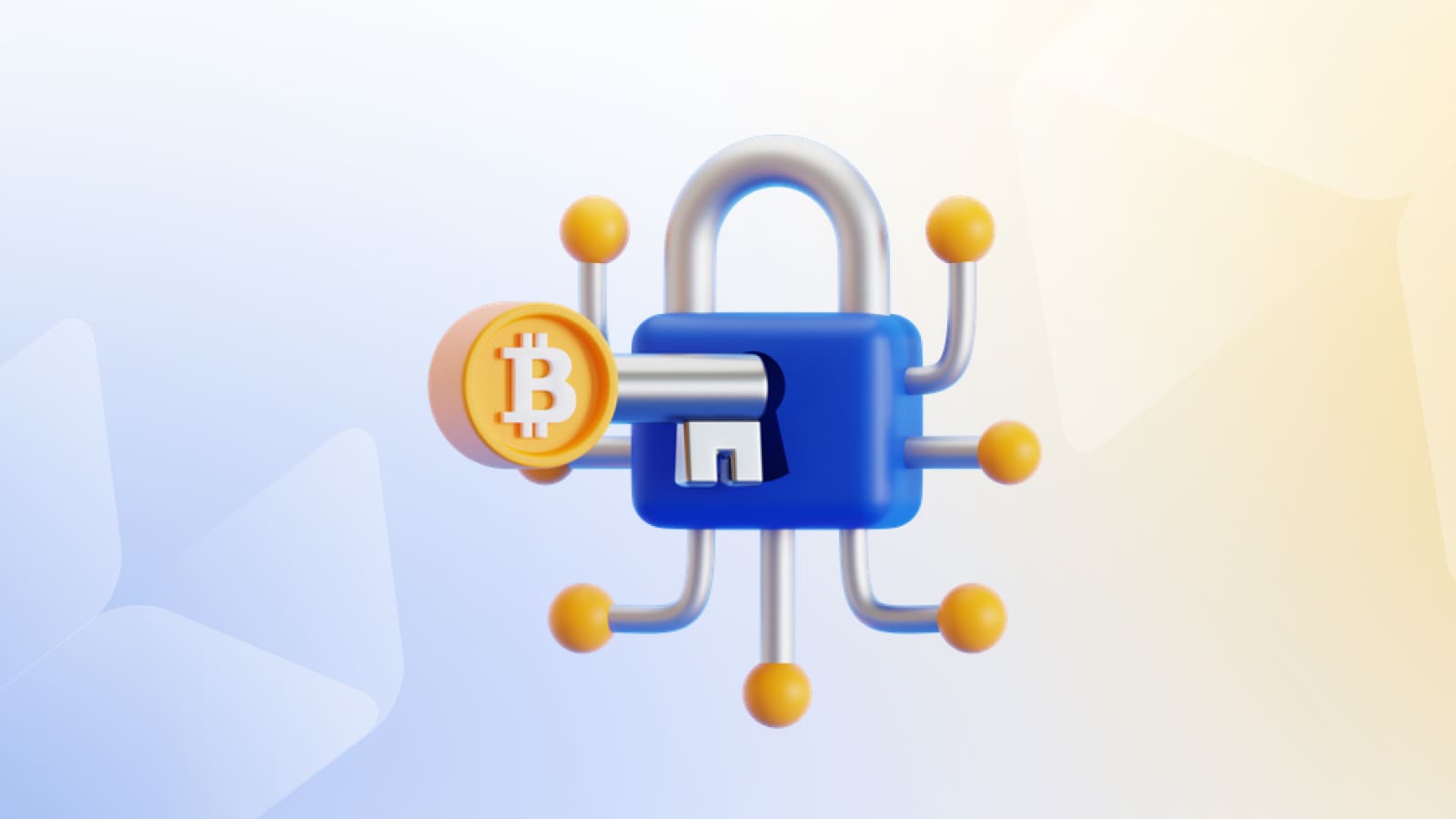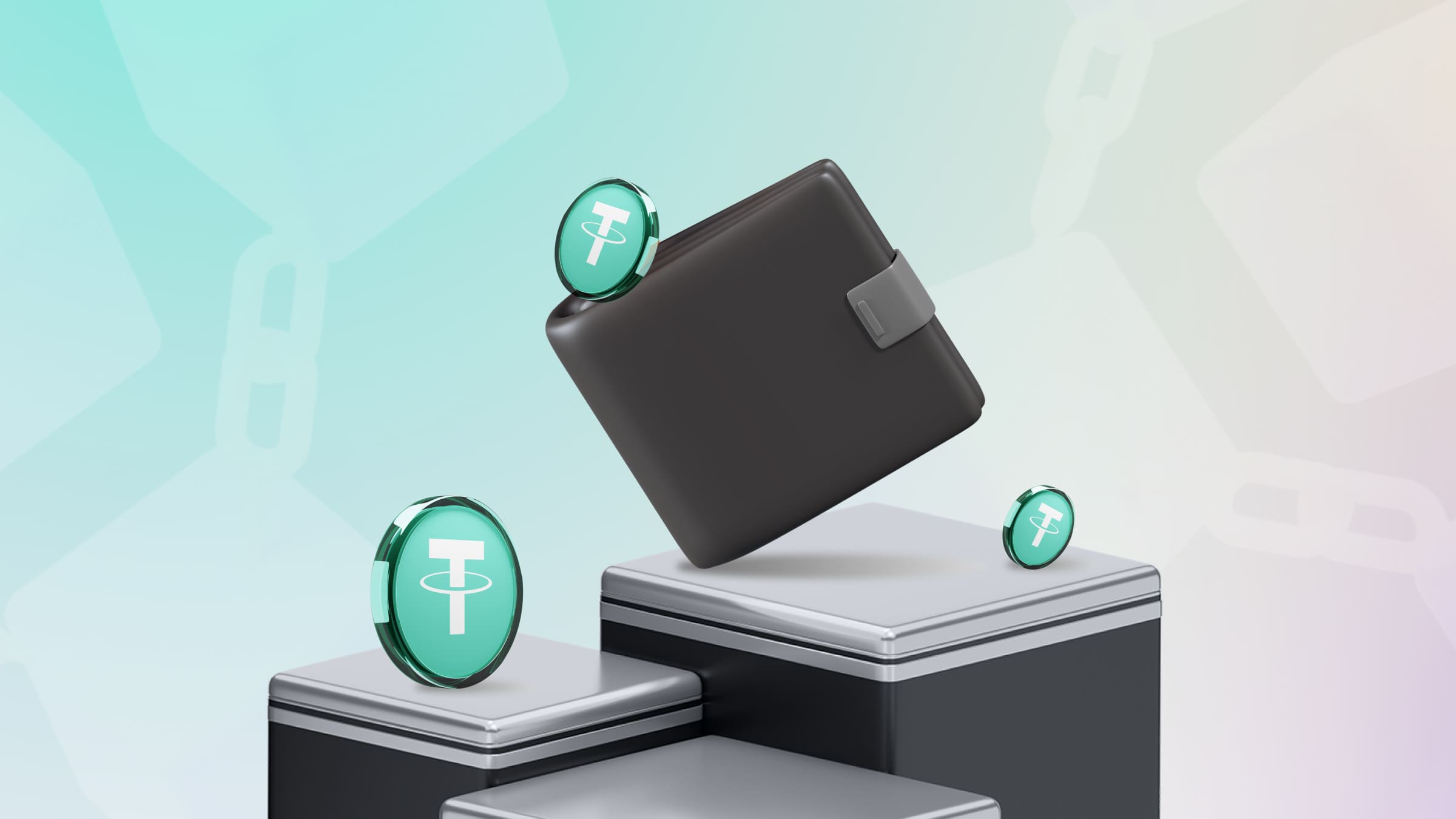With digital currencies becoming increasingly popular today, many people are wondering how to safely and securely store their funds in cryptocurrency.
Currently, cryptocurrency wallets are an essential tool for many internet users to store and manage their funds. There are two main types of cryptocurrency wallets: custodial and non-custodial.
In this article, we will take a look at both types of wallets to help you choose the right one for storing cryptocurrency.
Public and Private Keys for Cryptocurrency Wallet
Working with cryptocurrency and gaining access to a cryptocurrency wallet requires two identifier keys: private and public.
The private wallet key is required to access the funds, create a digital signature, and use the cryptocurrency that is stored in the account. Without this key, the user cannot transfer funds to another wallet, pay with cryptocurrency for goods and services.
The public key is the wallet address in the blockchain to which funds can be transferred. It is available to other users. This key is used to perform encryption, which is necessary for the transaction. You can generate a public key if you have a private one.

What is a Custodial Wallet
A cryptocurrency custodial wallet is basically a type of wallet where the addresses and private keys of users are managed by a custodian (operator). As a rule, owners of such wallets are users of centralized crypto exchanges.
For the owner of a custodial wallet, the exchange is an intermediary in interacting with the blockchain network. This simplifies transactions in cryptocurrency.
Creating a custodial wallet involves going through a verification procedure. Its use is similar to online banking. Since the private key is stored at the exchange, the loss of the password by the user does not lead to the loss of all funds in the account. It is possible to regain access to the wallet by re-verification.
When choosing a cryptocurrency wallet, it should be taken into account that centralized exchanges are subordinate to the state. Therefore, the authorities can access the wallet owner's data upon request, and the exchange can freeze the account in case of a suspicious transaction.

Advantages and Disadvantages of Custodial Wallet
The main advantage of a custodial wallet for storing cryptocurrency is the simplicity of its use. The exchange acts as an intermediary, vises the conducted transactions, stores the private key. Even a beginner can use a custodial wallet. In addition, those who store cryptocurrency on the exchange are protected from losing the private key — it is easy to recover.
Nevertheless, a custodial wallet has drawbacks:
- Creating such a wallet can take some time due to the need to undergo a verification procedure (KYC, AML).
- Centralized exchanges are frequently targeted by hackers. Funds of all users are stored on several accounts belonging to the exchange. Despite security systems, hacker attacks sometimes result in the loss of large sums of money.
- The custodian has access to the wallet and the funds stored in it. It is important to choose a trusted exchange to avoid losing your assets.
- Access to the funds may also be restricted if the rules for using the exchange are violated.
- Money on the custodial wallet can be blocked at the request of government agencies.

What is a Non-Custodial Wallet
There is a difference between a custodial wallet and a non-custodial wallet in that only the owner of the non-custodial wallet has access to the non-custodial wallet.
There are two types of non-custodial wallets:
- Software-based — usually an application for a computer or mobile device or a browser-based version. For example, MetaMask, TrustWallet.
- Hardware — physical wallets in the form of a thumb drive. Unlike software ones, they are not permanently connected to the network. This makes hardware versions more reliable wallets for storing cryptocurrencies.
Read more about it in our article «What is the Difference Between Hot and Cold Crypto Wallets?».
Advantages and Disadvantages of a Non-Custodial Wallet
Non-custodial cryptocurrency wallets have the following advantages:
- The user has complete control over access to their account.
- Non-custodial cryptocurrency wallets are less likely to be the target of hacker attacks.
- Such a wallet cannot be blocked or suspended at the request of government agencies.
- Creating this kind of wallet does not require verification.
However, loss of the private key for such a wallet means complete loss of access to the account. In addition, independent applications are not responsible for the safety of funds and do not provide insurance.

How to Choose a Wallet to Store Cryptocurrency
Custodial and non-custodial wallets have advantages and disadvantages. Choosing how to store cryptocurrency depends on your goals, technical skills, asset utilization activity, and speed of access.
A custodial wallet is suitable for those who are just starting to work with cryptocurrency. It is easier to use, and losing the key will not result in the loss of funds. Non-custodial wallet is an option for more experienced users who want to independently control their assets.
And it is not necessary to choose any particular type of wallet for storing cryptocurrency. Many experts recommend storing only assets involved in investments or trading on a custodial wallet, and use a non-custodial wallet to store larger amounts of funds.
We recommend reading our article: «What Are the Best Wallets for Storing Crypto Assets?».
Storing Cryptocurrency in 2023
With the growing popularity of cryptocurrency use, it is important to understand how to properly store it.
Storing all of your savings in a centralized exchange account is not the safest option. Therefore, if you are interested in storing your savings, it is better to choose a wallet to which only you will have access.


































